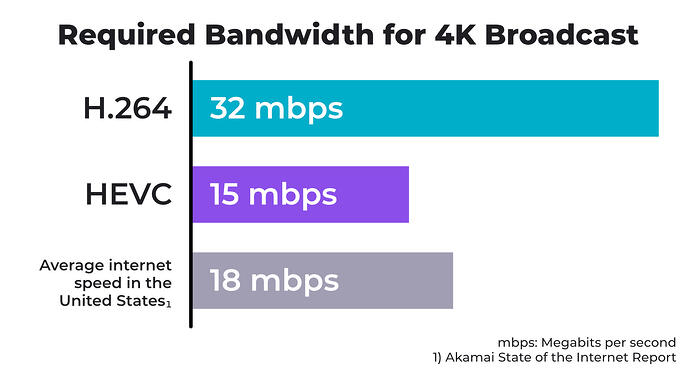VIDEO
Products
Streaming
Deliver flawless live video to any audience, anywhere
OTT Apps
Launch and monetize your own branded TV & mobile apps
Spark Encoder
Tap into hardware encoding that's compact and powerful
Broadcaster App
Go live straight from your phone or tablet with studio-quality control
Features
BoxCast Flow
Ensures smooth playback even on shaky networks
Sharing
Instantly clip, share, and amplify your broadcasts
Producer
Create professional streams right from your browser
Third-Party Encoders
Use the gear you love with our support of RTMP and SRT
AUDIO
Mixing Station Anywhere
Control your digital mixer in real time from anywhere
Mixing Station Web
Mix, manage, and monitor live audio in a browser from anywhere
Compatible Mixers
Connect your digital mixer to Mixing Station and Mixing Station Web
INDUSTRIES
House of Worship
Reach and engage your congregation wherever they worship
Sports
Stream games with professional quality for fans everywhere
Local Government
Bring transparency and connection to your community broadcasts
Business
Power your corporate events, webinars, and live streams
LEARN
Blog
Insights, trends, and tips for the audio/video community
Tech Tips
Quick how-tos and deep dives on the latest streaming technology
Guides
Essential tips and expert strategies to expand your reach
Newsletter
Stay up to date with product news, best practices, and more
Podcast
Hear stories and strategies from our customers and experts
DISCOVER
Customer Stories
Explore real-world success stories to inspire your organization
Events
Join us at an upcoming conference and meet with our team
Webinars
Get all the details and register for our next live webinar
About Us
Discover our company's mission, values, and team story

BoxCast Team • July 23, 2018
It wasn’t long ago that the discussion of 4K capture and delivery seemed like an elusive hypothetical. Debates abounded regarding the need for 4K versus its high cost and potentially slow rate of consumer adoption.
Five years ago, you’d have to take out a second mortgage to get your hands on a 4K camera. Today, your iPhone is a 4K camera. The change has been dramatic. 4K is no longer a topic of debate — the industry has clearly arrived.
In many ways, 4K is now feasible because of impressive developments in video compression. H.264 (also called AVC), the industry standard for video compression that allows digital video content to be recorded, compressed and distributed, has served us well for many years. But things are changing — and fast.
Advancements in video compression have given rise to H.265 (also called HEVC) and paved the way for video quality not seen before. The way HEVC works is incredibly complex, but its bottom line benefit is this: significant image quality at considerably lower bitrates. And for live streamers, this is an important development.

Regardless of your proficiency in live streamed productions, two things are clear:
1. Live streaming is here to stay.
2. The industry is marching forward toward high bitrate, high image quality formats.
Live streaming is quickly spreading from individuals on Facebook and YouTube to social media influencers, small to midsize organizations, sports franchises, professional broadcasters, and corporate enterprises. As a result, the live streaming industry is going to need the infrastructure to support it.
This is precisely why BoxCast has been paying close attention to shifts in the streaming industry. One of our first efforts for getting ahead of this impending innovation explosion is the BoxCaster Pro.
Here are a few other resources you might find interesting:
HEVC (H.265) vs. AVC (H.264) - What’s the Difference?
HDMI vs. SDI Video Connections - What's the Difference?
This is Why Your Live Stream Lags: Intro to Streaming Latency
Hardware Video Encoder Comparison: BoxCaster vs Teradek VidiU vs Digicast DMB-8800A
Hardware Vs. Software Encoders: 6 Reasons Hardware Encoders Are Better
© 2026 BoxCast. All Rights Reserved. | +1-888-392-2278